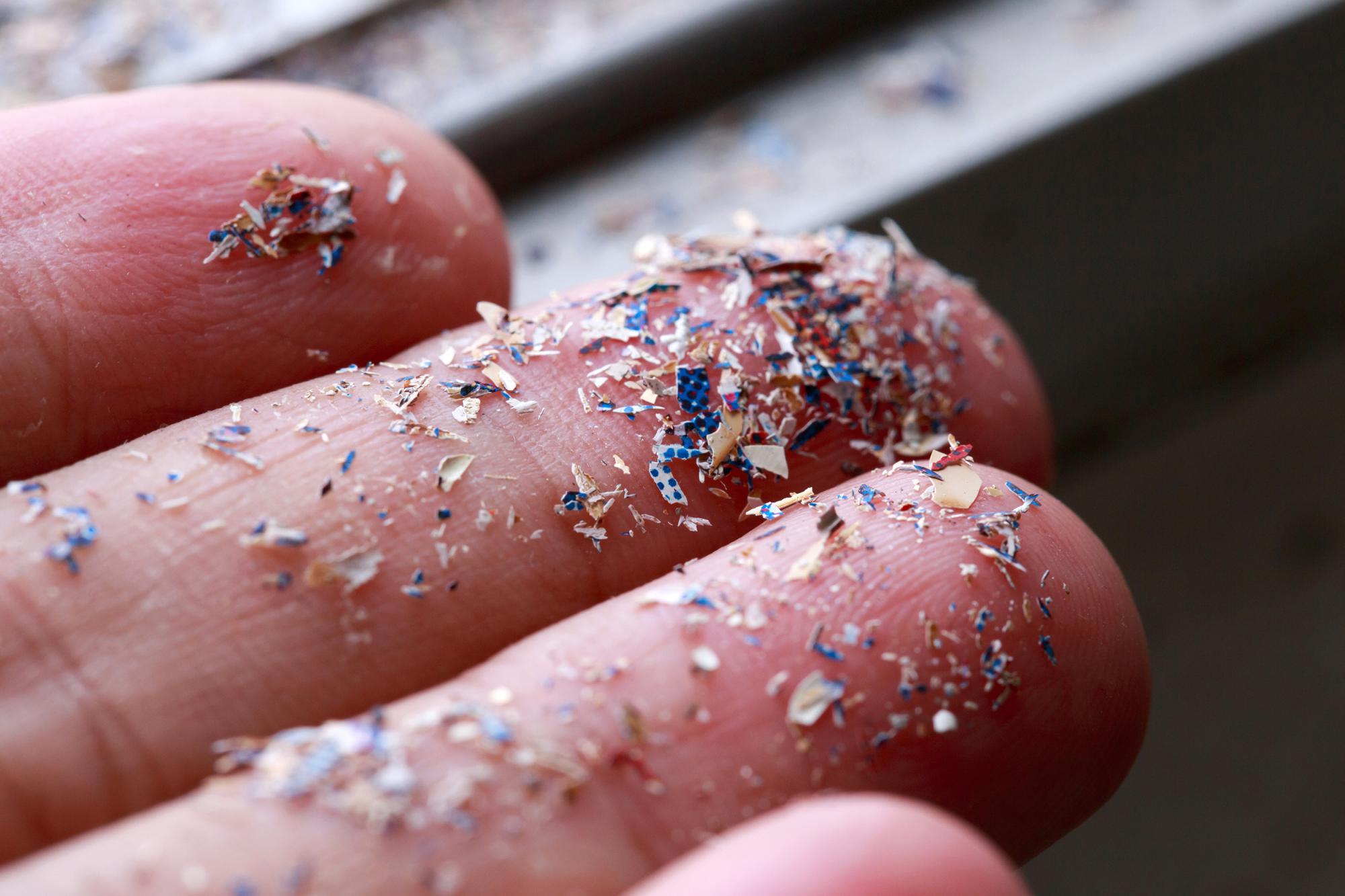Related Stories
Microplastic pollution: Plants could be the answer
Key Excerpts from Article on Website of University of British Columbia

Posted: September 10th, 2023
https://news.ubc.ca/2023/08/16/microplastic-pollution-plants...
Could plants be the answer to the looming threat of microplastic pollution? Scientists at UBC’s BioProducts Institute found that if you add tannins—natural plant compounds that make your mouth pucker if you bite into an unripe fruit—to a layer of wood dust, you can create a filter that traps virtually all microplastic particles present in water. While the experiment remains a lab set-up at this stage, the team is convinced that the solution can be scaled up easily and inexpensively. For their study, the team analyzed microparticles released from popular tea bags made of polypropylene. They found that their method (they’re calling it “bioCap”) trapped from 95.2 per cent to as much as 99.9 per cent of plastic particles in a column of water, depending on plastic type. When tested in mouse models, the process was proved to prevent the accumulation of microplastics in the organs. Dr. Rojas, a professor in the departments of wood science, chemical and biological engineering, and chemistry at UBC, adds that it’s difficult to capture all the different kinds of microplastics in a solution, as they come in different sizes, shapes and electrical charges. “There are microfibres from clothing, microbeads from cleansers and soaps, and foams and pellets from utensils, containers and packaging. By taking advantage of the different molecular interactions around tannic acids, our bioCap solution was able to remove virtually all of these different microplastic types.”
Note: Explore more positive stories like this in our comprehensive inspiring news articles archive focused on solutions and bridging divides.
Related Stories
Top Inspiring News Articles
Top Inspiring News Articles from Years Past













































































